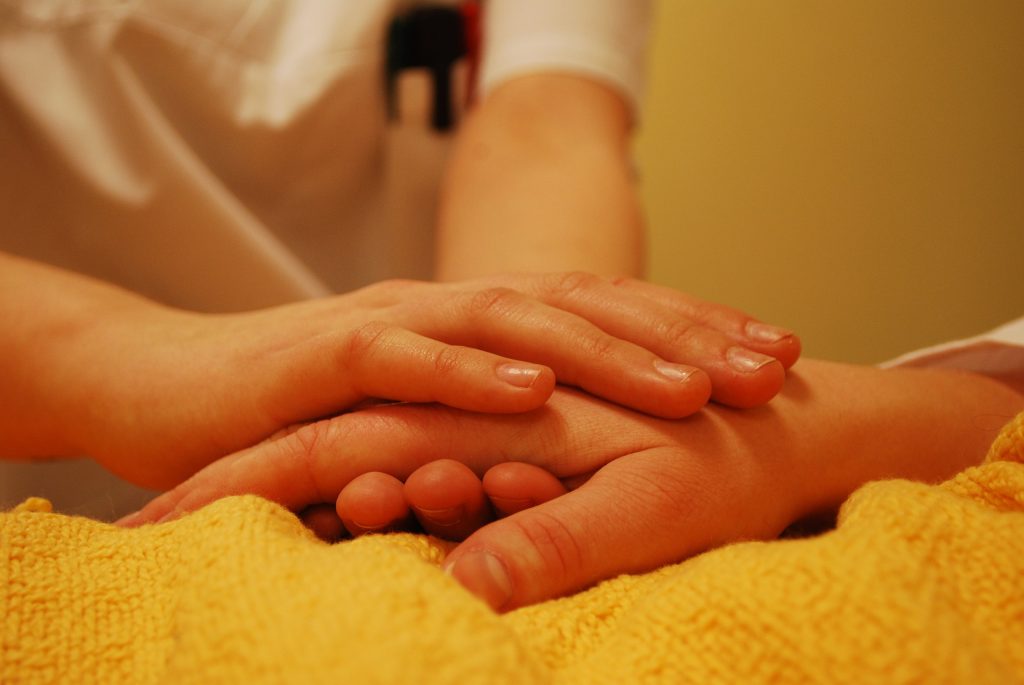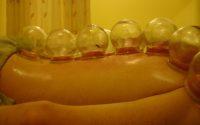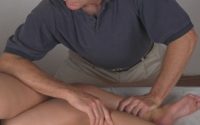Hand Massage has Sustained Pain Relief Effect in the Cardiac Surgery Patients
Massage is known to relieve pain, but how long the effect can be sustained has not been fully researched.
Researchers from nursing in Canada evaluated whether a session of massage can have a sustained effect on the pain intensity and pain-related interference with the daily functioning of cardiac surgery patients.
The study was a randomized controlled trial at a medical-surgical intensive care unit in Canada. Adult patients undergoing cardiac surgery and at low risk for postoperative complications were recruited. In the intensive care unit, patients were randomly assigned to either 20-minute hand massage, hand holding, or rest. Pain intensity and pain-related interference with functioning were assessed on the second postoperative day. A total of 60 patients were randomly allocated, and 46 completed data collection on the second postoperative day.
Although statistically, the treatment groups did not show significant differences, the hand massage group reported a lower maximum pain intensity (median rating 5.75, range: 2-10) compared to hand-holding (median 6.50, range: 1-10) and standard care groups (median 6.25, range: 0-10).
The hand massage group could reach 0 pain intensity throughout 24 hours (median 0, range: 0-7), contrary to the hand-holding (median 2, range: 0-5) and standard care groups (median 2, range: 0-4.5). There is also a trend that massage’s pain relief effect helps patients in walking and sleep.
The researchers concluded that hand massage could help patients experience longer periods without pain and lower levels of maximum pain intensity. When coupled with recovery activities, hand massage could reduce pain-related interference with functioning.



